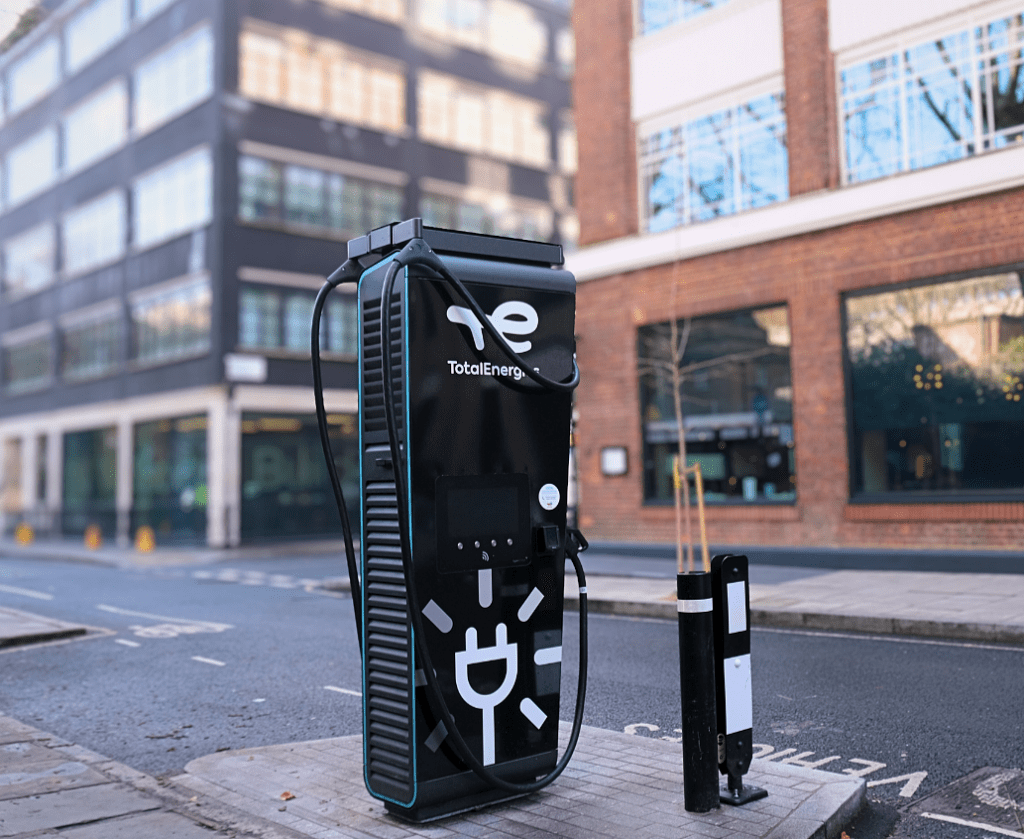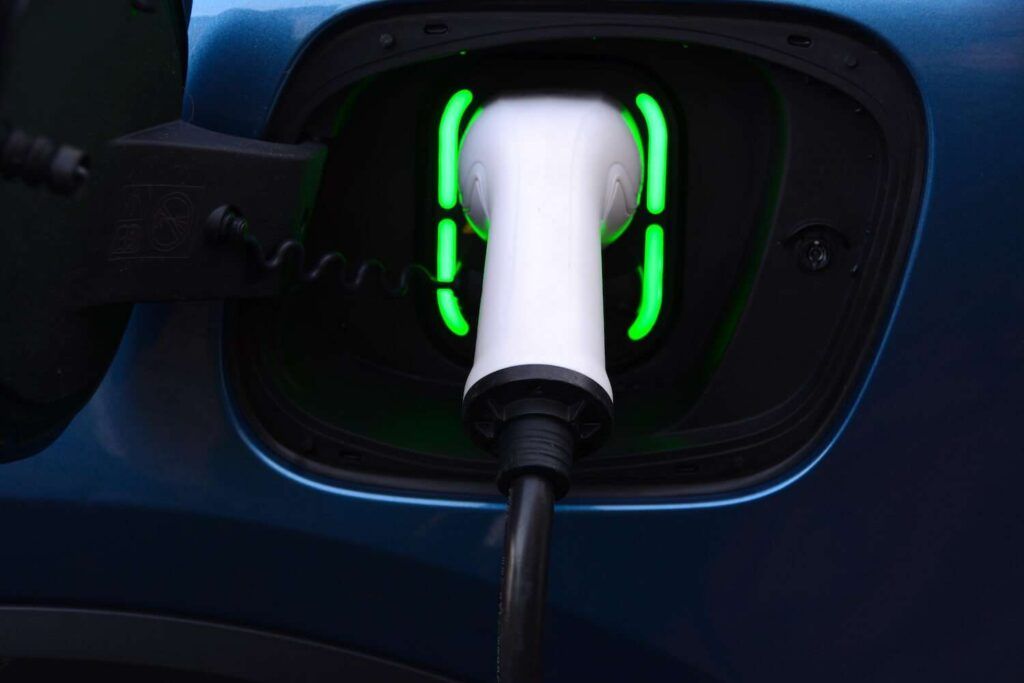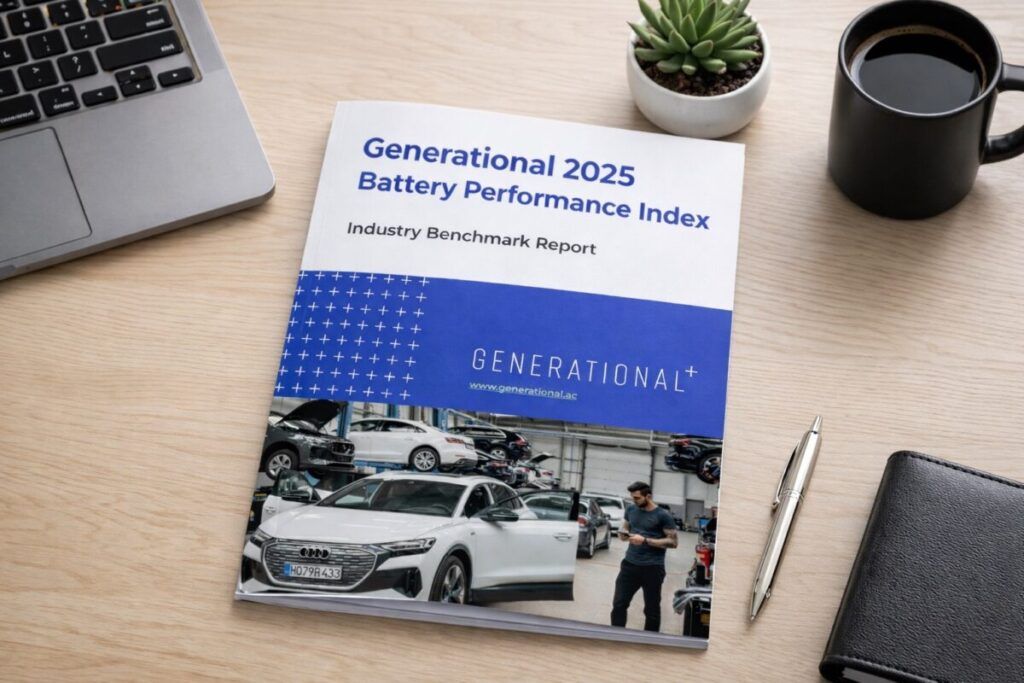New low and zero emission vehicles have led to a reduction in average car CO2, which dropped by -1.6%, according to new Motorparc data published by the Society of Motor Manufacturers and Traders (SMMT).
The drop reflects growth in the new car market, with battery electric vehicles (BEVs) making up 19.6% of the market last year.
BEVs comprise 3.7% of cars now in use, up a full percentage point on 2023, and broke the million vehicle milestone, as volumes soared by 38.9% to 1,334,246 units.
The reduction was fuelled by a significant fall in company car emissions, down -5.6% as a result of fiscal fleet incentives and manufacturer investment into a range of electrified model choices.
Private car CO2 also dipped, falling by -1.0%, but demonstrating a need for consumer fiscal incentives to deliver rapid decarbonisation, the SMMT said.
The news comes as Britain’s vehicle parc continues to decarbonise, with a 34.6% increase in plug-in vehicles (BEV and plug-in hybrid) – now accounting for one in 20 (5.1%), or 2,157,360, vehicles in use.
The commercial vehicle parc is also decarbonising, with buses leading the way with an 81.8% increase in zero emission units on last year to 3,494 – accounting for almost one in 20 (4.9%) buses in use.
Vans are also increasingly going zero-emission, with battery electric van volumes increasing by 31.6% to 80,476 units – or 1.6% of the parc. Electric truck use also rose, but overall they account for fewer than 0.1% of the fleet.
The number of vehicles on British roads reached its highest ever level in 2024, rising by 1.4% to 41,964,268.
Lower uptake in the new car market means motorists are holding onto their cars for longer, with the average age of a car on the road now 9.5 years old, up from 9.3 years in 2023 and much older than the eight year-old average of 2019.
More than two-fifths (43.4%) of the total parc has now been in use for more than a decade, predating the introduction of lower-emission Euro 6 technology, which has done much to improve air quality.
Mike Hawes, SMMT Chief Executive, said:
“Britain’s vehicle parc is growing, providing essential mobility for the nation while reducing its environmental impact. However, there is scope to push environmental improvements much faster as motorists are holding onto their cars for longer, some one and half years longer on average, than only five years ago.
“Drivers need more incentives and greater confidence in infrastructure investment if we are to replace the high volumes of older high-emission cars with zero-emission alternatives. Success will keep the country on the move while driving up economic growth from every business dependent on road transport.”
Image from Shutterstock












